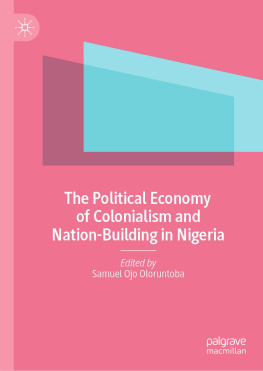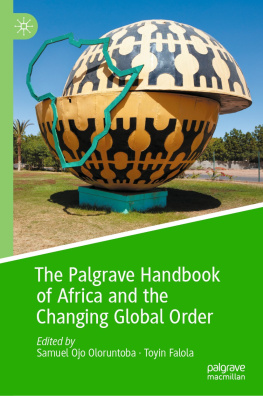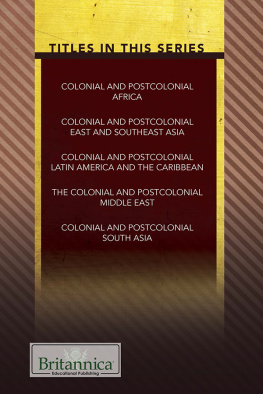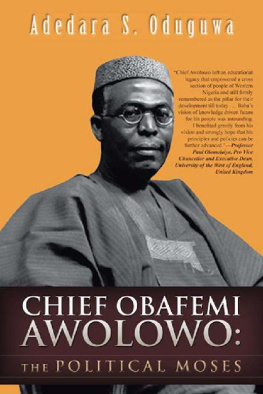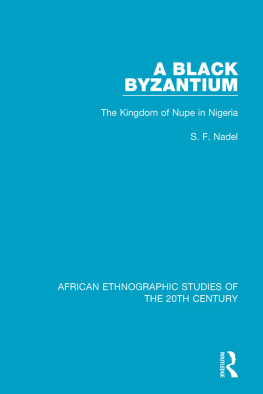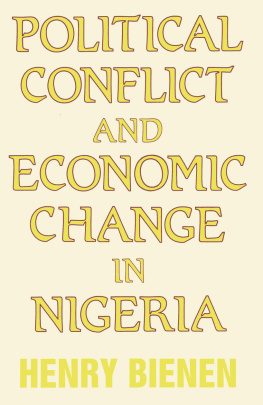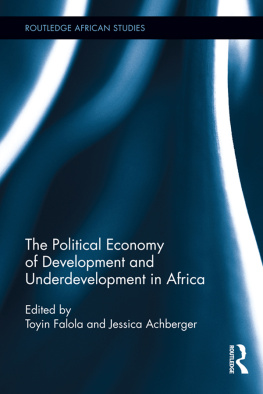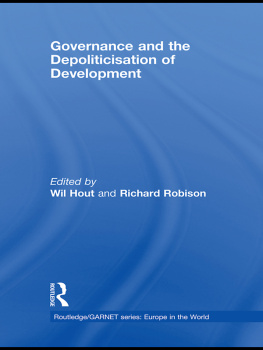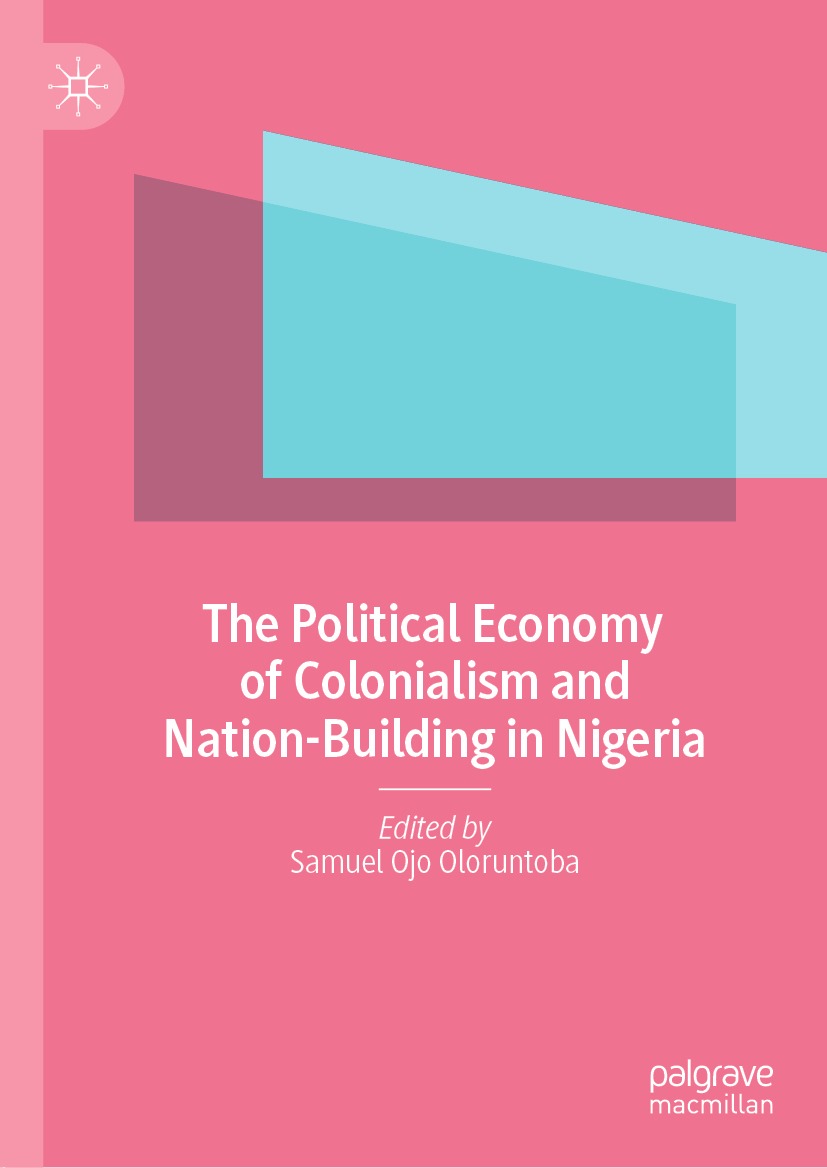Samuel Ojo Oloruntoba - The Political Economy of Colonialism and Nation-Building in Nigeria
Here you can read online Samuel Ojo Oloruntoba - The Political Economy of Colonialism and Nation-Building in Nigeria full text of the book (entire story) in english for free. Download pdf and epub, get meaning, cover and reviews about this ebook. year: 2021, publisher: Palgrave Macmillan, genre: Politics. Description of the work, (preface) as well as reviews are available. Best literature library LitArk.com created for fans of good reading and offers a wide selection of genres:
Romance novel
Science fiction
Adventure
Detective
Science
History
Home and family
Prose
Art
Politics
Computer
Non-fiction
Religion
Business
Children
Humor
Choose a favorite category and find really read worthwhile books. Enjoy immersion in the world of imagination, feel the emotions of the characters or learn something new for yourself, make an fascinating discovery.
- Book:The Political Economy of Colonialism and Nation-Building in Nigeria
- Author:
- Publisher:Palgrave Macmillan
- Genre:
- Year:2021
- Rating:3 / 5
- Favourites:Add to favourites
- Your mark:
The Political Economy of Colonialism and Nation-Building in Nigeria: summary, description and annotation
We offer to read an annotation, description, summary or preface (depends on what the author of the book "The Political Economy of Colonialism and Nation-Building in Nigeria" wrote himself). If you haven't found the necessary information about the book — write in the comments, we will try to find it.
This book examines the ways in which colonialism continues to define the political economy of Nigeria sixty years after gaining political independence from the British. It also establishes a link between colonialism and the continued agitation for restructuring the political arrangement of the country. The contributions offer various perspectives on how the forceful amalgamation of disparate units and diverse nationalities have undermined the realization of the development potential of Nigeria.
The book is divided into two parts. The first part interrogates the political economy of colonialism and the implications of this on economic development in contemporary Nigeria. The second part examines nation-building, governance, and development in a postcolonial state. The failure of the postcolonial political elites to ensure inclusive governance has continued to foster centrifugal and centripetal forces that question the legitimacy of the state. The forces have deepened calls for secession, accentuated conflicts and predispose the country to possible disintegration. A new government approach is required that would ensure equal representation, access to power and equitable distribution of resources.
Samuel Ojo Oloruntoba: author's other books
Who wrote The Political Economy of Colonialism and Nation-Building in Nigeria? Find out the surname, the name of the author of the book and a list of all author's works by series.

